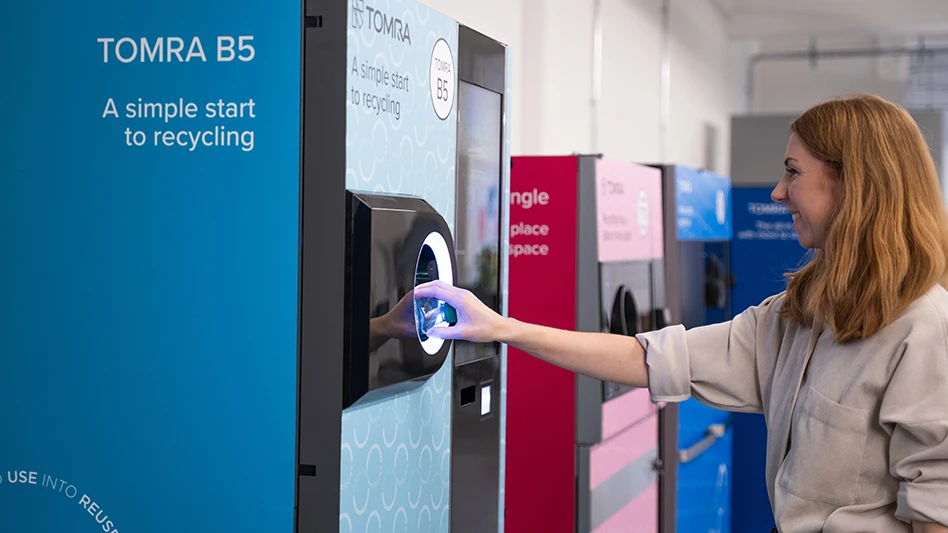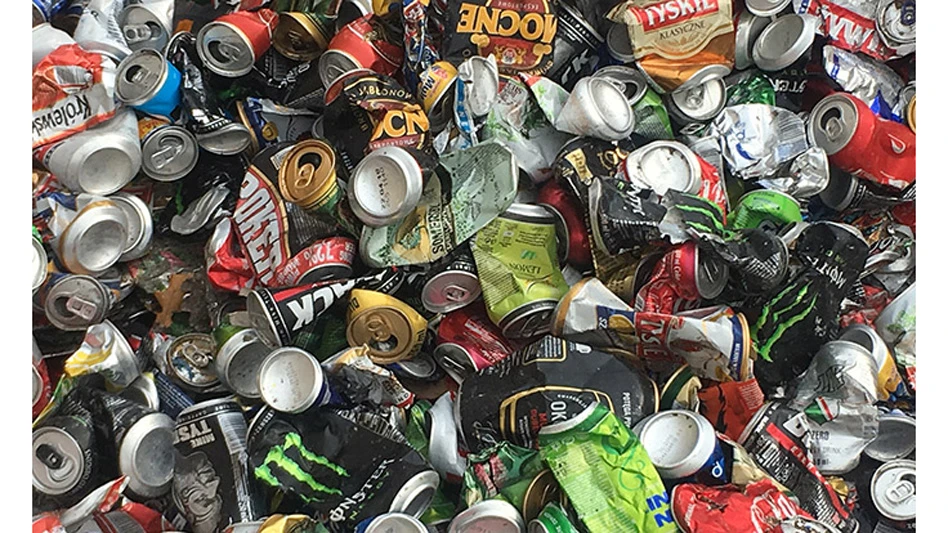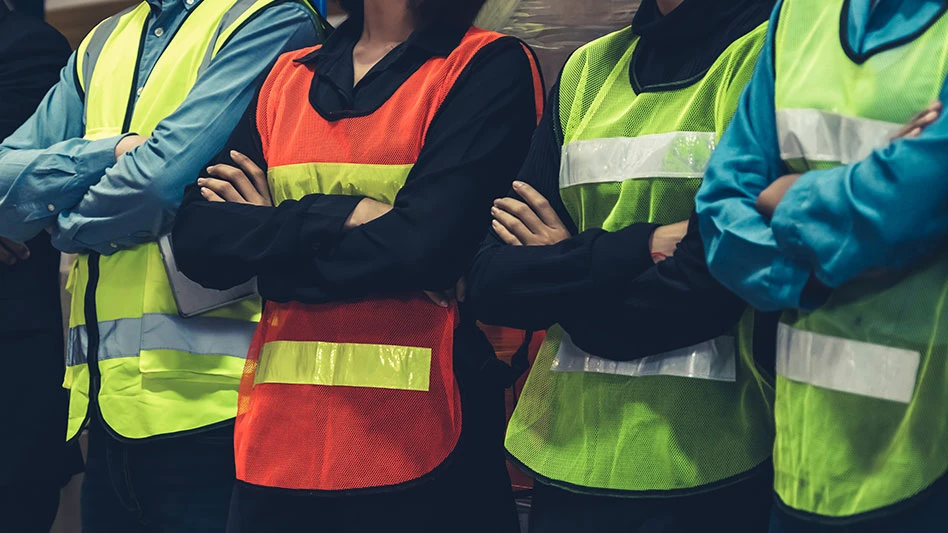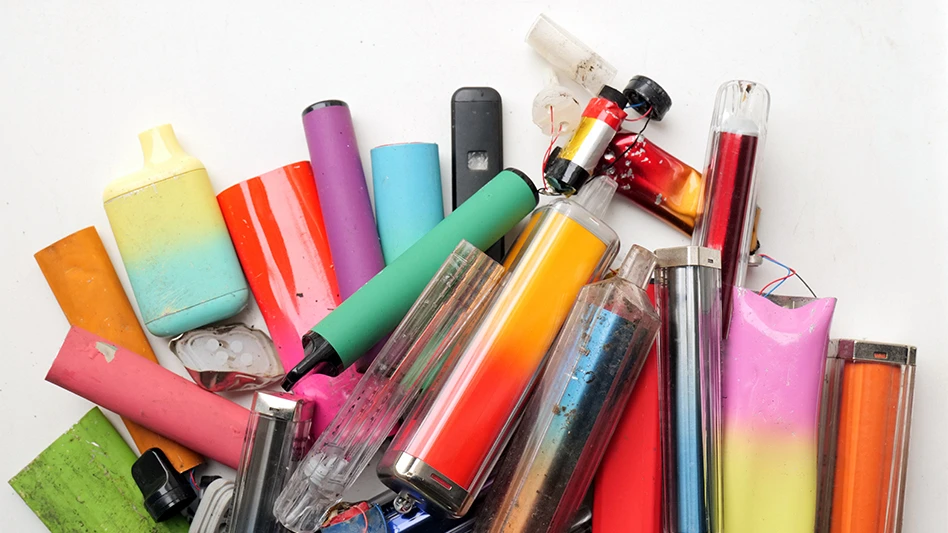
The Institute of Scrap Recycling Industries (ISRI), Washington, D.C., has cautioned against the unintended consequences limiting the recycling and refurbishment of cell phones if the Unlocking Consumer Choice and Wireless Competition Act (H.R. 1123), passed in late February in the U.S. House of Representatives, becomes law. While the bill provides the benefit of consumers being able to unlock cellphones without permission from carriers, it makes it illegal for recyclers and refurbishers to unlock cellphones in bulk, ISRI says.
“The recycling industry applauds the effort of H.R. 1123 to give consumers the freedom to unlock their cellphones but is concerned the side-effects could be harmful to the economic and environmental benefits of recycling,” ISRI President Robin Wiener says. “By not allowing unlocking phones in bulk, recyclers and refurbishers are placed in a competitive disadvantage and may be forced to outsource the repair jobs to facilities outside of the United States where unlocking is legal.”
Last October, the ISRI board of directors approved a cellphone unlocking policy that called for allowing consumers, including recyclers and refurbishers, the right to lawfully unlock technological devices. By allowing bulk unlocking, recyclers and refurbishers are able to put valuable and working devices back into the domestic and global marketplace where there is a strong demand, ISRI says.
“Unfortunately, rather than allowing refurbishers and recyclers the same right as consumers to unlock phones that they own, this legislation confuses the market and creates an impediment for the proper repair and reuse of such phones,” Wiener says. “It is our hope that the Senate addresses this oversight when it takes up the legislation.”
Latest from Recycling Today
- ReMA urges open intra-North American scrap trade
- Axium awarded by regional organization
- China to introduce steel export quotas
- Thyssenkrupp idles capacity in Europe
- Phoenix Technologies closes Ohio rPET facility
- EPA selects 2 governments in Pennsylvania to receive recycling, waste grants
- NWRA Florida Chapter announces 2025 Legislative Champion Awards
- Goldman Sachs Research: Copper prices to decline in 2026





